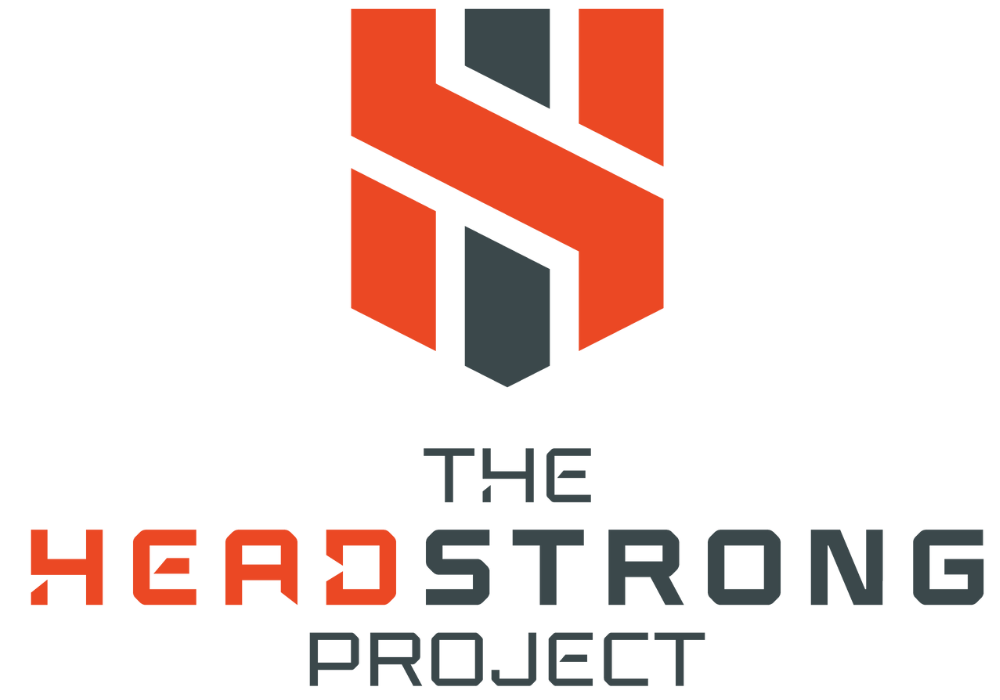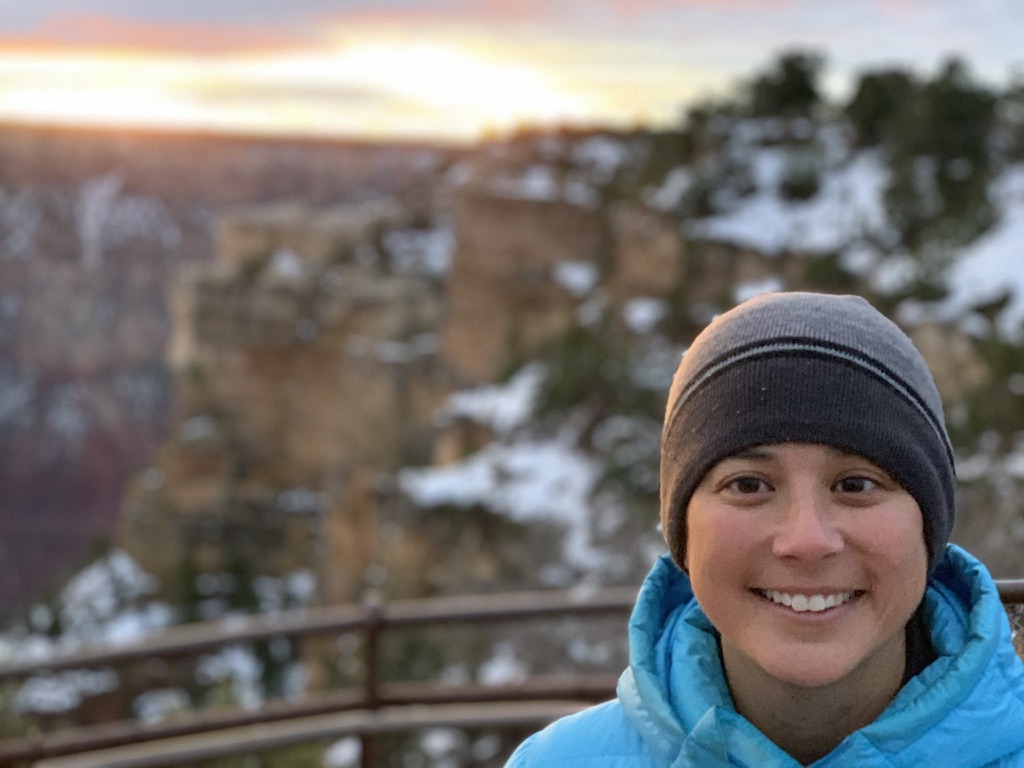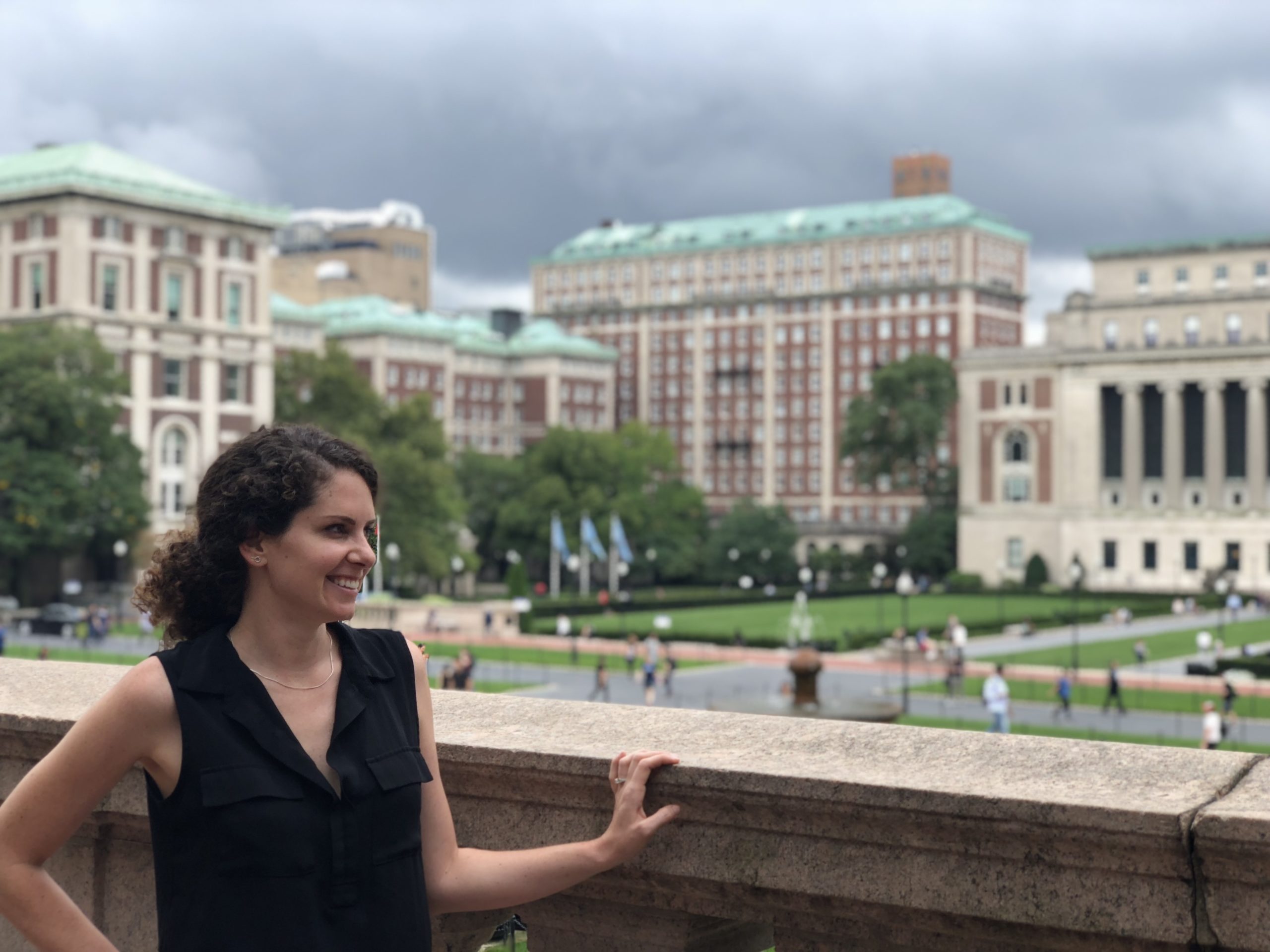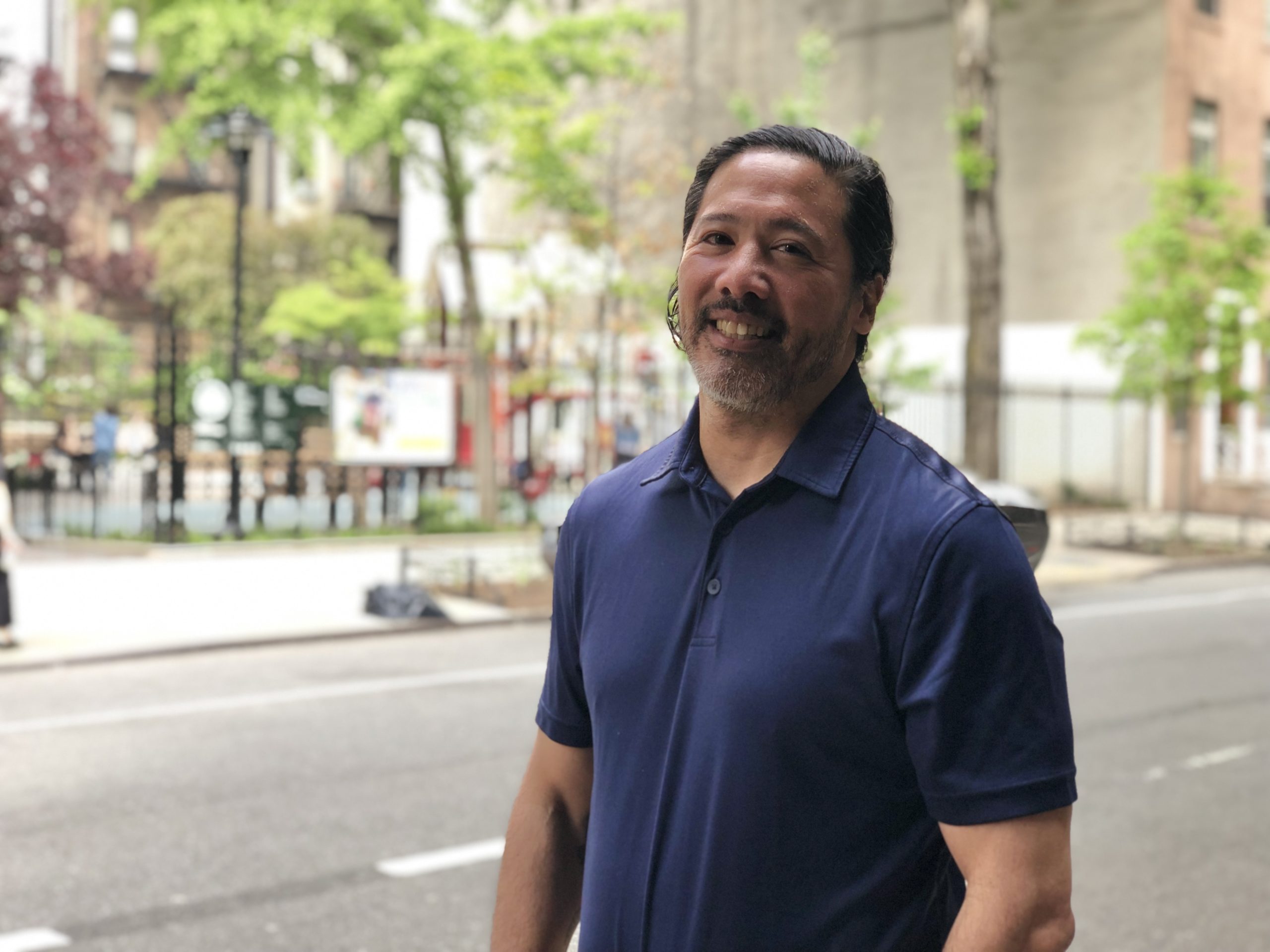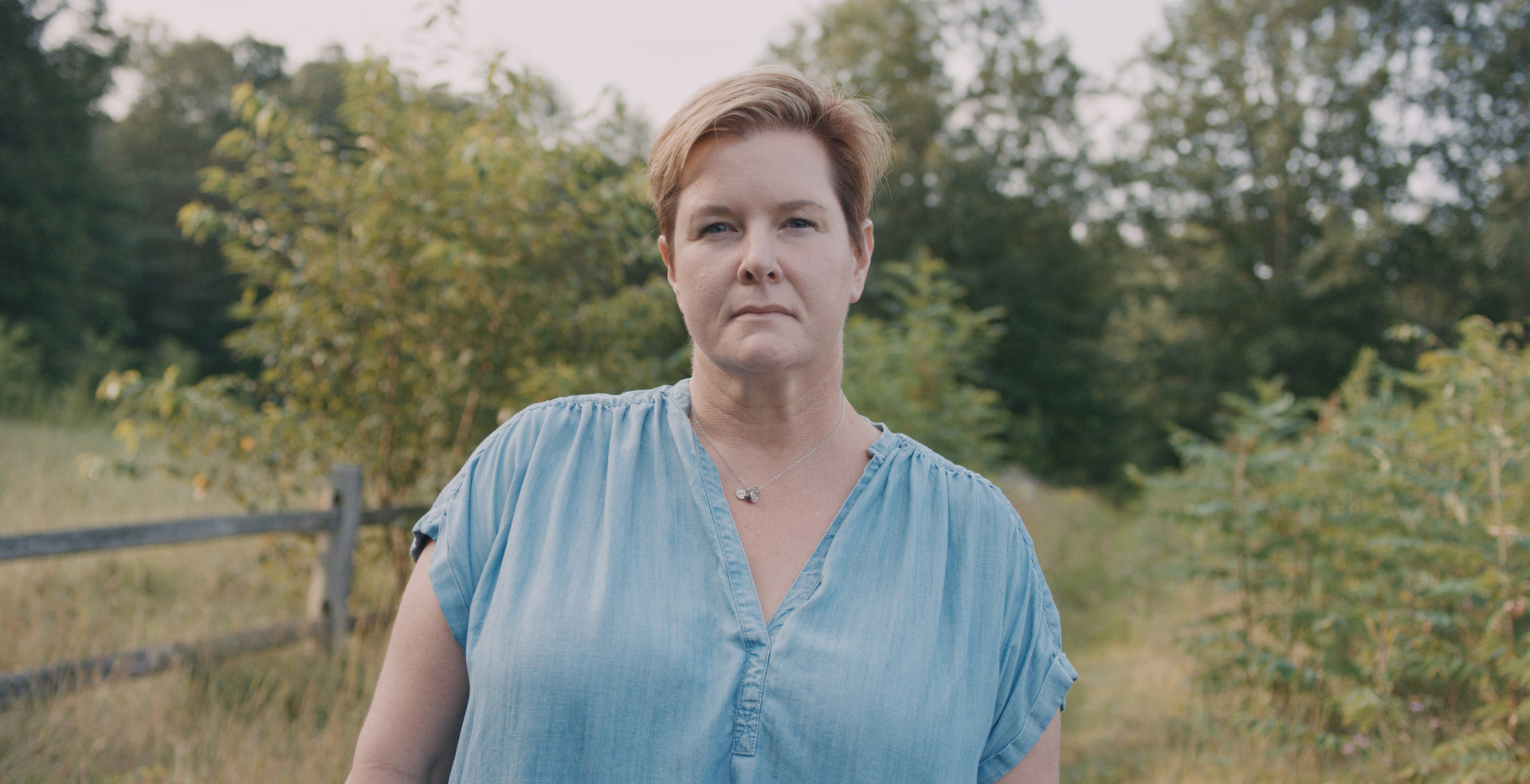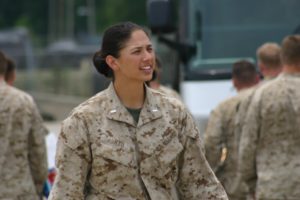 “We had a Navy Lt. Commander come talk to us in high school about ROTC as an option to pay for school, so my twin sister and I both signed up and were accepted. I’m glad we went that route because we had time to go to school, do extra curricular activities, and fulfill our ROTC duties once a week. My junior year, I decided to switch over to the Marine Corps. After graduating and completing training, I commissioned and was stationed in North Carolina. I deployed in 2004 and that deployment was particularly tough on my parents because my sister was deployed to Fallujah at the same time that I was in Ramadi. We came back for some training before getting deployed again in July 2006; however, in early October I received a Red Cross message that my dad had been diagnosed with terminal cancer. They gave me two weeks to go home and spend time with him before sending me back over. He ended up having a massive heart attack and passing away shortly after so they sent me back home for good that time.
“We had a Navy Lt. Commander come talk to us in high school about ROTC as an option to pay for school, so my twin sister and I both signed up and were accepted. I’m glad we went that route because we had time to go to school, do extra curricular activities, and fulfill our ROTC duties once a week. My junior year, I decided to switch over to the Marine Corps. After graduating and completing training, I commissioned and was stationed in North Carolina. I deployed in 2004 and that deployment was particularly tough on my parents because my sister was deployed to Fallujah at the same time that I was in Ramadi. We came back for some training before getting deployed again in July 2006; however, in early October I received a Red Cross message that my dad had been diagnosed with terminal cancer. They gave me two weeks to go home and spend time with him before sending me back over. He ended up having a massive heart attack and passing away shortly after so they sent me back home for good that time.
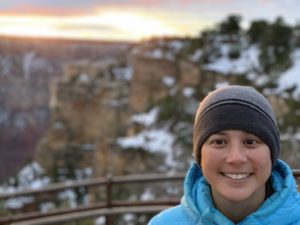 I didn’t really process it or take the time I needed to grieve and never stopped to think how it would affect me. My mom died in October 2008 from an overdose after having surgery. I didn’t realize I had a problem with drugs myself, but after my mom passed it was a real wake up call. I went to my Commanding Officer and let them know I had a problem with opioids. They were very supportive and helped me get into a program. I was down in Norfolk Naval Station for a 30 day inpatient where I received individual and group therapy. After that I continued to see a therapist for that mental health maintenance component. I ended up doing 17 years in the Marines and got out in January 2020. Looking back on my time in the Marine Corps, I’m really proud of my time as a company Commander because at that level I really felt like I was able to impact my fellow Marines. By telling my story and letting them know I was a recovering addict and that it was ok to ask for help, I actually had five different Marines come forward and let me know they needed help. It felt good to know I left a positive impact on somebody else’s life.”
I didn’t really process it or take the time I needed to grieve and never stopped to think how it would affect me. My mom died in October 2008 from an overdose after having surgery. I didn’t realize I had a problem with drugs myself, but after my mom passed it was a real wake up call. I went to my Commanding Officer and let them know I had a problem with opioids. They were very supportive and helped me get into a program. I was down in Norfolk Naval Station for a 30 day inpatient where I received individual and group therapy. After that I continued to see a therapist for that mental health maintenance component. I ended up doing 17 years in the Marines and got out in January 2020. Looking back on my time in the Marine Corps, I’m really proud of my time as a company Commander because at that level I really felt like I was able to impact my fellow Marines. By telling my story and letting them know I was a recovering addict and that it was ok to ask for help, I actually had five different Marines come forward and let me know they needed help. It felt good to know I left a positive impact on somebody else’s life.”
